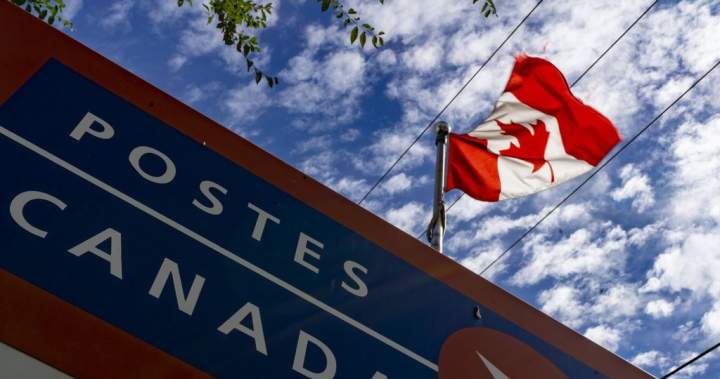In a significant development affecting millions of Canadians, contract talks between Canada Post and the Canadian Union of Postal Workers (CUPW) have been postponed until late August, pushing negotiations dangerously close to the potential strike deadline. The delay comes amid mounting tensions over working conditions, compensation, and the future direction of postal services in an increasingly digital economy.
Sources close to the negotiations revealed yesterday that mediators requested additional time to prepare comprehensive proposals addressing the complex web of issues dividing the two parties. The talks, originally scheduled to resume next week, will now reconvene on August 26th, leaving just five weeks before the current collective agreement expires on September 30th.
“This postponement raises legitimate concerns about whether sufficient time remains to bridge the substantial gaps between Canada Post’s modernization agenda and the union’s focus on job security and workplace safety,” said Dr. Eleanor Thompson, labour relations expert at the University of Toronto. “Both sides are approaching these negotiations with fundamentally different visions for the future of postal services in Canada.”
According to Canada News sources, CUPW representatives have expressed frustration with the delay, characterizing it as a tactical maneuver by Canada Post management to increase pressure as the deadline approaches. The union, representing approximately 50,000 postal workers, has consistently maintained that any new agreement must address growing concerns about forced overtime, workplace injuries, and the increasing reliance on temporary workers.
Canada Post spokesperson Martin Chen countered these assertions in a statement released this morning: “We remain committed to reaching a fair agreement that balances the needs of our employees, customers, and the financial sustainability of the corporation. The additional time will allow both parties to develop creative solutions to complex challenges.”
Financial analysts following the CO24 Business sector note that Canada Post faces significant financial pressures that complicate negotiations. The Crown corporation reported a $548 million loss before tax in 2023, marking its fourth consecutive year of losses despite growth in parcel delivery services. These financial constraints have reportedly led management to seek operational flexibility that union representatives view as potential threats to job security.
The negotiations occur against a backdrop of changing consumer habits and technological disruption. Letter mail volumes have declined by over 40% since 2006, while parcel delivery has seen explosive growth due to e-commerce, requiring substantial operational adjustments. This fundamental shift in business model has become a central point of contention in the talks.
“The postal service stands at a crossroads,” explains industry analyst Sarah Wilkinson. “The pandemic accelerated existing trends toward digital communication and online shopping, forcing Canada Post to reimagine its role in a rapidly evolving marketplace. How these negotiations resolve will likely determine whether the corporation can successfully navigate this transition.”
Public reaction to the potential for service disruptions has been mixed. Small business owners have expressed particular concern, with a recent survey indicating that 67% of small and medium enterprises rely heavily on Canada Post for shipping products or receiving supplies. Meanwhile, many urban residents increasingly dependent on e-commerce deliveries worry about disruptions during the busy fall retail season.
Federal Labour Minister Steven MacKenzie has urged both sides to work diligently toward an agreement, though he has thus far declined to indicate whether the government would consider back-to-work legislation if negotiations fail. Previous postal disputes have seen such interventions, most recently in 2018 when rotating strikes prompted legislative action.
As the clock ticks toward the September deadline, the key question remains: can these delayed negotiations produce an agreement that modernizes Canada Post while preserving the job security and working conditions that postal workers have fought to establish over decades, or are Canadians facing another disruptive postal dispute just as the holiday shipping season approaches?










